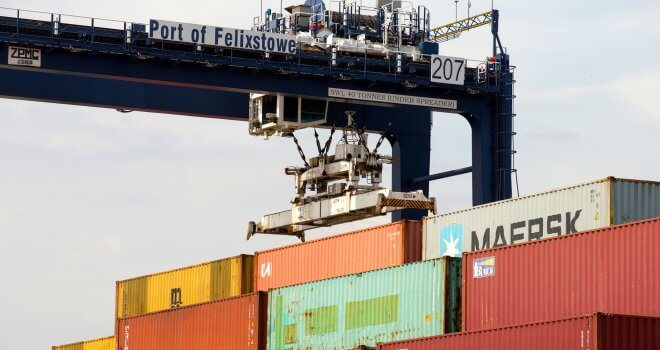EU Plans ‘Chips Act’ To Promote Semi-Conductor Self Sufficiency

The European Commission announced plans on Wednesday for a new chipmaking ‘ecosystem’, to keep the EU competitive and self-sufficient after a global semi-conductor shortage showed the hazards of relying on Asian and U.S. suppliers.
“Digital is the make-or-break issue,” Commission President Ursula von der Leyen said in a policy speech at the European Parliament in Strasbourg on Wednesday.
“We will present a new European Chips Act. The aim is to jointly create a state-of-the-art European chip ecosystem, including production. That ensures our security of supply and will develop new markets for ground-breaking European tech.”
A shortage of semi-conductors has posed one of the biggest risks to the EU’s rebound from the effects of the COVID-19 pandemic. The Commission last year unveiled plans to invest a fifth of its 750-billion-euro COVID-19 recovery fund in digital projects.
Von der Leyen lamented the EU’s reliance on Asian-made chips and its diminished share in the supply chain, from design to manufacturing capacity.
However, hurdles to building up Europe’s chip capability include getting access to rare earth minerals outside the bloc and reluctance by companies to make hefty investments unless they can run the plants at full capacity to boost their return.
(Reporting by Foo Yun Chee; editing by Gabriela Baczynska and Peter Graff)




